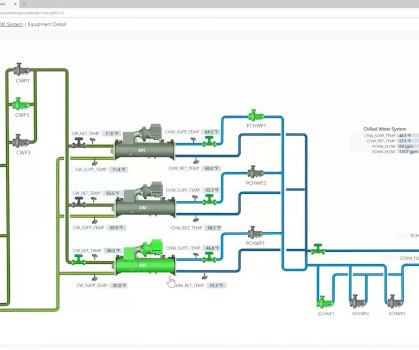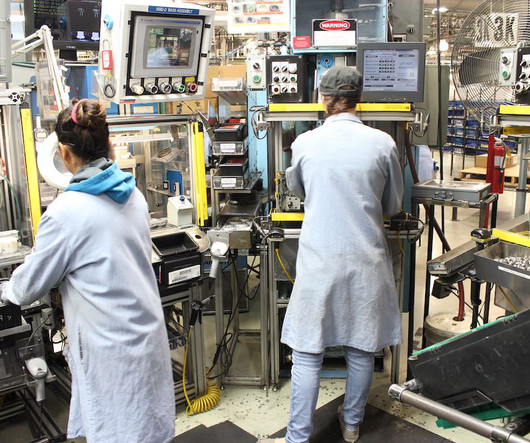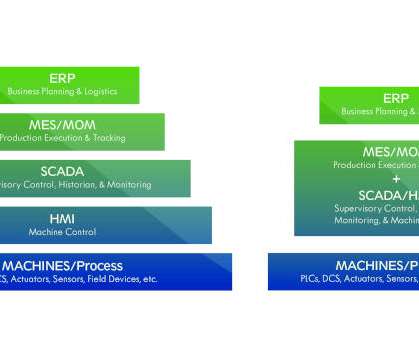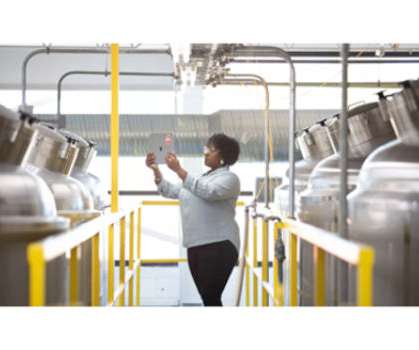SCADA’s role in Industry 4.0, manufacturing applications
Control Engineering
JULY 31, 2023
SCADA insights SCADA systems have evolved significantly with the rise of IT/OT convergence and Industry 4.0. They are no longer just monitoring tools but are shaping the future of smart factories, thanks to open system architecture and the ability to integrate data from IT and OT sources. To achieve Industry 4.0















Let's personalize your content